


The guardian angels of healthcare are nurses. The patients they care for experience favorable changes and are given hope. Nurses have a vital role in providing patients with critical care, compassion, and support during their most vulnerable moments in healthcare systems across the globe. Nurses must possess a wide range of traits in order to perform their jobs well and provide high-quality care.
Their main responsibilities include treating medical disorders, avoiding sickness, and managing patients’ physical requirements. Since the development of modern medicine, a nurse’s duty has included providing care as well as patient advocacy, care planning, patient education and support, and research, to name a few. They are incredibly compassionate and empathetic, have excellent communication abilities, are highly analytical, meticulous, and much more. However, have you ever considered which nation is ideal for nurses to practice in? One of the most in-demand occupations worldwide is nursing. There will be no shortage of employment prospects for nurses. In addition to their commitment to patients, nurses want just recompense for their knowledge and labor. Some nations in the world are particularly well-known for providing nursing practitioners with prosperous prospects.
List Of Top 10 Countries With The Highest Paid Nurses In The World 2024
10. Italy




Like the United States, Italy boasts a nursing shortage right now. Most nursing licensure boards demand a language competency test as part of the credentialing process if one is working in a nation where English is NOT the main language. To obtain a nursing license in Italy, nurses must take the Italian Nursing Board, a language proficiency test, under sponsorship of an Italian hospital. Once this happens, one needs to get a visa via the Italian Embassy to work in Italy. Although several English-speaking hospitals in Milan, Florence, and Rome—including Rome American Hospital, Hospital of Innocents, and Milan Clinic—it is not known whether nurses employed at those institutions have to pass the language section of the test.
9. Ireland


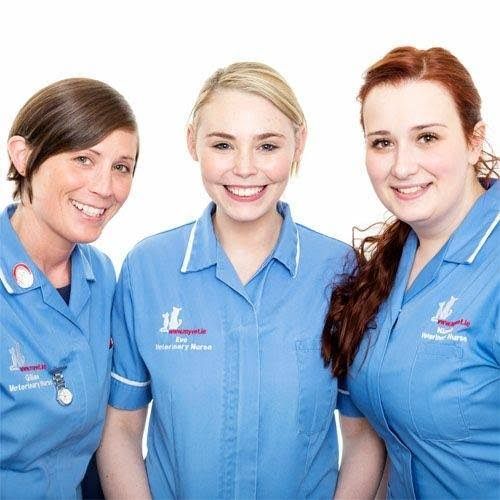

Those wanting to work in Ireland have to be registered with the Nursing and Midwifery Board of Ireland (NMBI). The Board emphasizes that until a decision on credentialing is decided upon, nurses should NOT travel to Ireland. Furthermore crucial is not applying for a job or asking about one before getting Board certification. Interested candidates must finish an online information packet, background check, fingerprinting, English competency test to be qualified. This is necessary whether or not your native English is perfect. Certain people are obliged to finish a test, but the board decides this finally. One needs an employment visa to be working in Ireland.
8. Norway
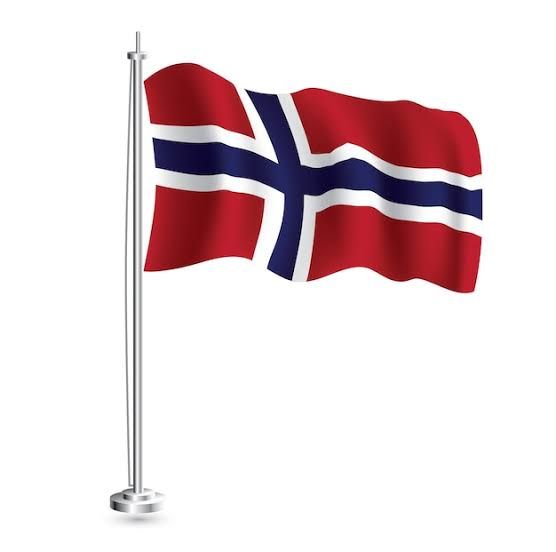



Along with job satisfaction for nurses, Norway, a Scandinavian nation sometimes referred to as the land of Fjords, has among the finest standards of life in the world. For almost ten years, the World Health Organisation (WHO) notes that Norway’s life expectancy exceeds the worldwide average. The population’s rising age causes a rise in health problems as well. Nurses are therefore constantly needed to provide care for these people. Applying for an application requires you to provide the appropriate papers and go through The Norwegian Registration Authority for Health Personnel (SAK). Applications for residents outside of the EU/EEA take roughly 11 months and run about $350. Moreover, the SAK might demand that a person personally bring extra documentation to the main office in Norway. Usually, candidates are not allowed to practice in the SAK and receive a letter outlining exactly what has to be done to re-apply at a later time. Nurses with U.S. education have to provide transcripts straight to The Norwegian Directorate of Health from their colleges.
7. Canada
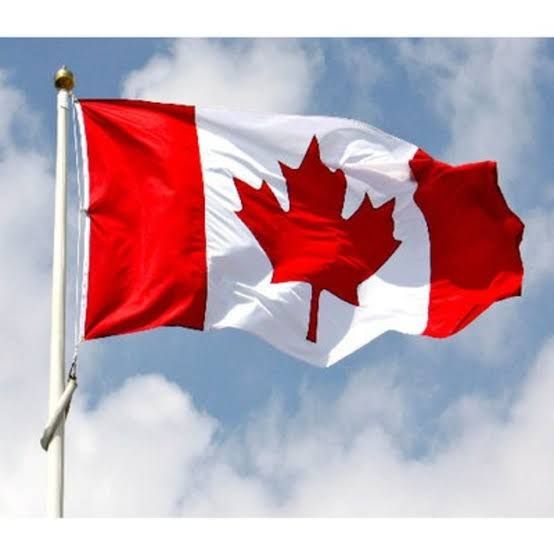



Canada is a great place for nurses interested in attempting international nursing but do not want to travel too far from home since universal healthcare and closeness to the United States guarantee. Moreover, English as the main language helps one to go to another nation more easily. Depending on the region or area where you will be working, nursing in Canada might be somewhat challenging since there are various regulating authorities. A single college controls all types of nurses in British Columbia, Ontario, and Nova Scotia. Every nursing category in all other provinces and territories has a corresponding regulating organization. Following a battery of background checks, interview questions, and a test, international candidates must get a license from the board. This review runs minimal at $340. Individual conditions can affect the pricing. The website states that the registration process may last anything from three to eighteen months. Starting the application online with documentation submission allows you.
6. Dubai




One of the wealthiest and most opulent countries on earth right now, international nurses have lately benefited from a sizable salary increase. Pay comparable to that in the US may be offered by certain hospitals in Dubai, but this has to be discussed before accepting a position. Nurses in Dubai typically make the most money if they are Americans. Since everyone receives healthcare and income is tax-free, all of the money earned is taken home. People can therefore earn more money than they could at home because of this. Compared to other nations, Dubai has stronger contract requirements for nurses. Nurses receive a meager living stipend and must reside in housing supplied by the hospital. The majority also have to sign a contract that lasts at least a year.
5. Australia




Australia, the land of the late Steve Irwin, kangaroos, the Great Barrier Reef, and koala sanctuaries, has emerged as a top choice for individuals looking to work overseas and travel. The fact that English is Australia’s official language and there is no language barrier is one of its main draws. Many foreign organizations collaborate with Australian hospitals. Healthcare Australia (HCA) is the biggest agency in Australia that recruits foreign nurses. Foreign nationals must register with AHPRA (Australia’s Health Practitioner Regulation Agency) and apply for a visa with full working rights in order to be able to work in the country. This typically takes four to five months to process and evaluate.
4. Virgin Islands
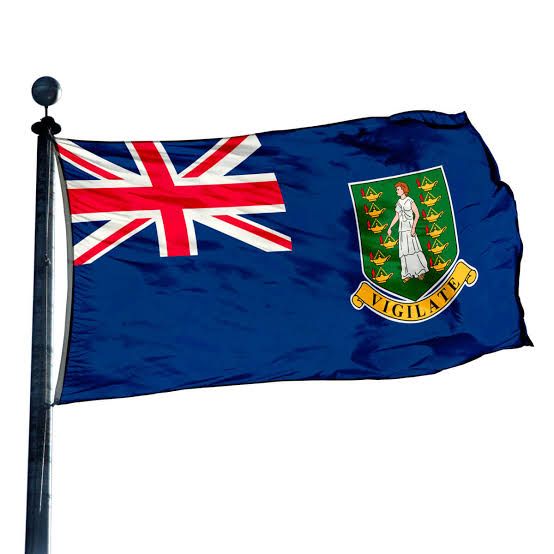

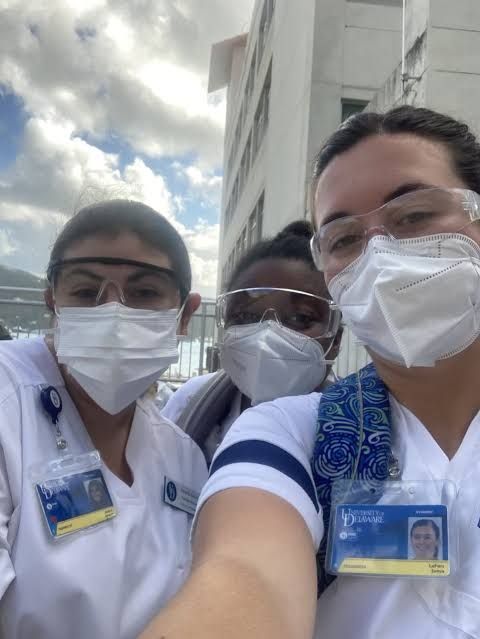

Searching for the carefree island atmosphere without sacrificing a high salary. If you’re tired of the long winters and want to spend some time in the sun, sand, and clear blue ocean, the Virgin Islands are the ideal getaway. The average salary is higher on some islands—St. Croix, for example. The availability of healthcare services and the financial stability of each island affect this wage. Every applicant is supervised by the Virgin Islands Board of Nurse Licensure (VIBNL). The verification of license form, copies of all nursing school transcripts and course syllabuses, a $125 fee, and recommendation letters must be sent with the application packet. In addition, passing the Commission on Graduates of Foreign Nursing Schools Exam is a requirement for nurses. Processing an application requires at least ninety working days for verification.
3. Denmark
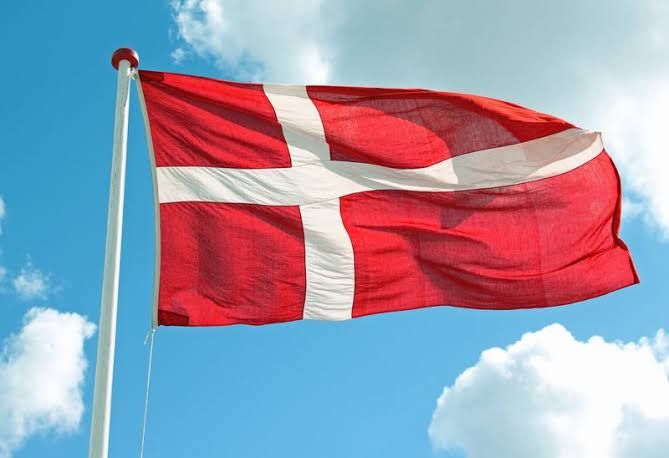



All applications for nursing licenses from non-EU nationals are supervised by the Danish Patient Safety Authority. Three application channels are available: one for citizens of the Nordic region, one for those of EU member states, and one for everyone else. It’s interesting to note that it is against Danish law for anyone above 75 to work as a nurse in Denmark. People may request an exception, but they must do so by submitting an application to the local public health medical officer. The officer will evaluate the applicant’s professional qualifications, work history, and health. The first step for anyone interested in applying is to submit all required qualifications and educational records. After being accepted, candidates have three years to complete the remaining requirements in order to be granted permanent permission to operate in Denmark. The language exam is the primary component. In Denmark, the language exam is given twice a year in May/June and November/December. This test is equivalent to one for native speakers. Fluent speakers of the language may appeal and submit to a separate exam. After passing the language exam, candidates must pass the employment exam in order to be eligible for training and adaptation. This demonstrates clinical expertise and effective patient, provider, and family communication. A permanent license can be obtained once all of these are approved by the board.
2. Luxembourg




Finding work as a nurse in this small Western European nation is very challenging due to its tax haven regulations and small size. It is nearly impossible for nurses to wait years for a position to open up. It’s also crucial to remember that foreign nurses who are interested in working in Luxembourg must possess the required language abilities, such as fluency in French, German, or Luxembourgish. The Minister of Health may request a test of the nurse’s competency in one of the three languages. The initial step towards becoming a nurse in Luxembourg is requesting an application pack from the Ministère de la Santé, or Ministry of Health. Either a general system or an adult-only license is required for nurses. Depending on the nursing position’s specialism, this is significant. In order to work in Luxembourg, you need a visa.
1. Switzerland
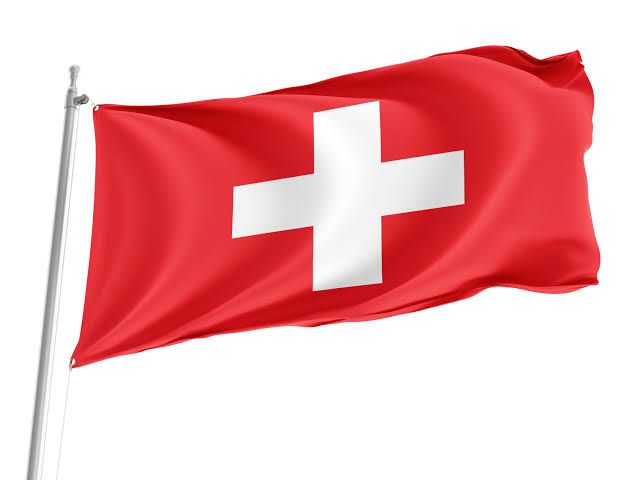



The Swiss Red Cross is in charge of all international nurses’ certifications. Despite the fact that Switzerland has a severe nursing shortage, all applicants must speak one of the official languages fluently—Italian, French, or German. There isn’t even the slightest deviation from this. Although certain Swiss hospitals may indicate that hiring staff in English is appropriate, the governing board does not agree. The governing board will ultimately decide whether or not to accept your application and visa.